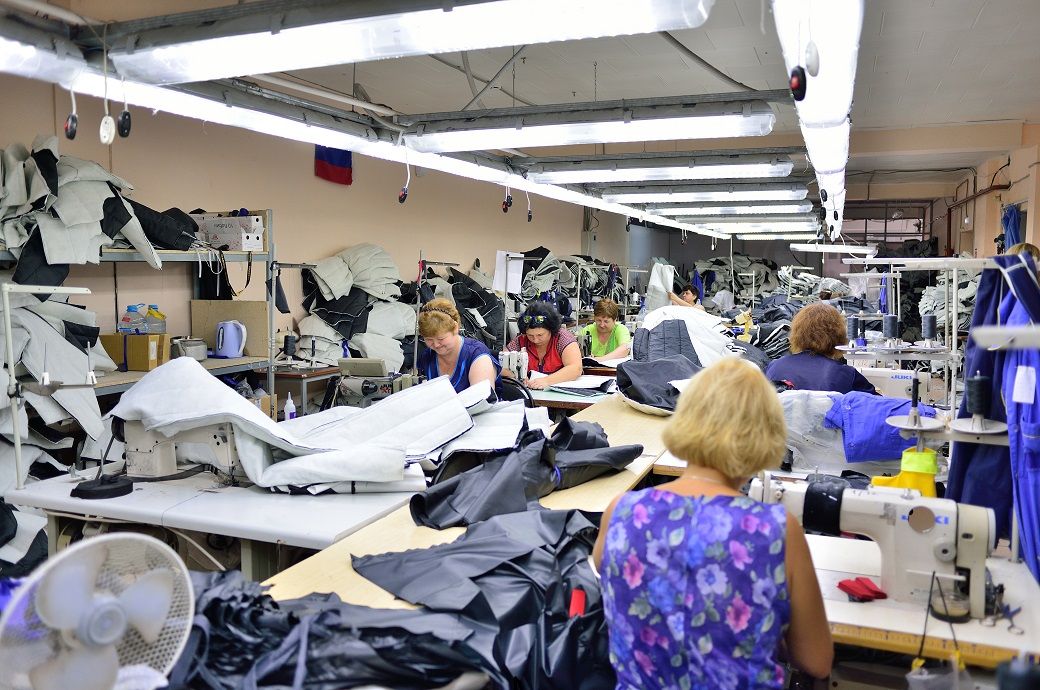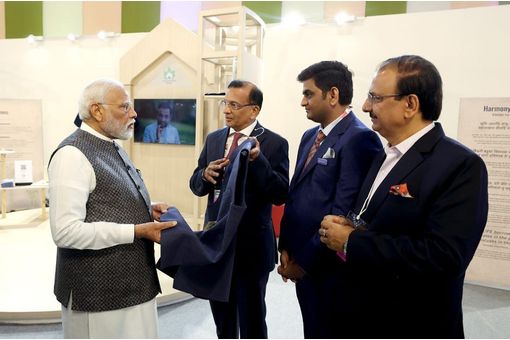Eurozone's PMI composite output index jumps to 48.8 in Dec 2022

Prices charged for goods continued to rise at a steep rate, though the rate of inflation moderated to the lowest for a year, according to a press release by S&P Global.
The subdued level of the PMI nevertheless means that the fourth quarter as a whole has seen a worse performance than the third quarter, with the average PMI for the three months to December indicative of the sharpest economic contraction since 2013 if pandemic lockdown months are excluded.
While manufacturing continued to lead the downturn, with factory output dropping for a seventh straight month, the rate of production decline eased to indicate a further marked cooling in the pace of contraction compared to October’s steep fall. The manufacturing output index rose to 47.9, a six-month high, against 46.0 in November.
Within the euro area, the fall in output was broad-based but only France saw a deepening downturn. The flash French composite PMI slipped from 48.7 to 48.0 to signal a second consecutive monthly drop in output and the largest decline since November 2014 if the pandemic is excluded.
Germany meanwhile saw rates of decline moderate in manufacturing, pushing the composite flash PMI up for a second month in a row from 46.3 in November to 48.9. The December reading thereby registered the smallest drop in activity recorded over the past six months.
Output fell in the rest of the eurozone for a fourth successive month, though the pace of decline slowed for a second month running to point to the smallest deterioration seen so far. Overall new orders meanwhile fell for a sixth straight month as companies continued to report weakening demand from customers, though the rate of decline eased for a second month running to the softest since August. Although new orders continued to fall at an especially steep rate in manufacturing, down for an eighth successive month, the rate of loss cooled markedly.
Factories meanwhile reported the first—albeit marginal—improvement in supplier delivery times since January 2020. However, delivery times were often faster only because suppliers were less busy due to lower demand for inputs, which fell sharply again in December. An upside of improving supply and falling demand was a marked cooling of input cost inflation in manufacturing to the weakest since December 2020. Input costs in the eurozone consequently rose at the slowest rate since May 2021, albeit still rising at a historically elevated rate.
Finally, sentiment for the year ahead remained subdued by historical standards, the future output index running at 55.1 compared to a long-run average of 60.8. Confidence continued to be dogged in particular by worries over the impact of the rising cost of living, the energy crisis, the war in Ukraine and rising interest rates, as well as a broad concern over the darkening economic outlook both at home and internationally.
Brighter outlooks were often associated with improving supply chains, fewer energy concerns, and signs of a peaking of inflation, added the release.
“While the further fall in business activity in December signals a strong possibility of recession, the survey also hints that any downturn will be milder than thought likely a few months ago. The data for the fourth quarter are consistent with GDP contracting at a quarterly rate of just less than 0.2 per cent, and forward-looking indicators are currently boding well for the rate of decline to ease further in the first quarter,” Chris Williamson, chief business economist at S&P Global Market Intelligence, commented on the flash PMI data.
“The outlook for inflation is especially encouraging, with supply chains now improving for the first time since the pandemic began and firms’ costs growing at a sharply reduced rate, feeding through to lower rates of increase for prices charged for both goods and services,” added Williamson.
Fibre2Fashion News Desk (NB)
































-Ltd..jpg?tr=w-120,h-60,c-at_max,cm-pad_resize,bg-ffffff)





.jpg?tr=w-120,h-60,c-at_max,cm-pad_resize,bg-ffffff)
.jpg?tr=w-120,h-60,c-at_max,cm-pad_resize,bg-ffffff)






